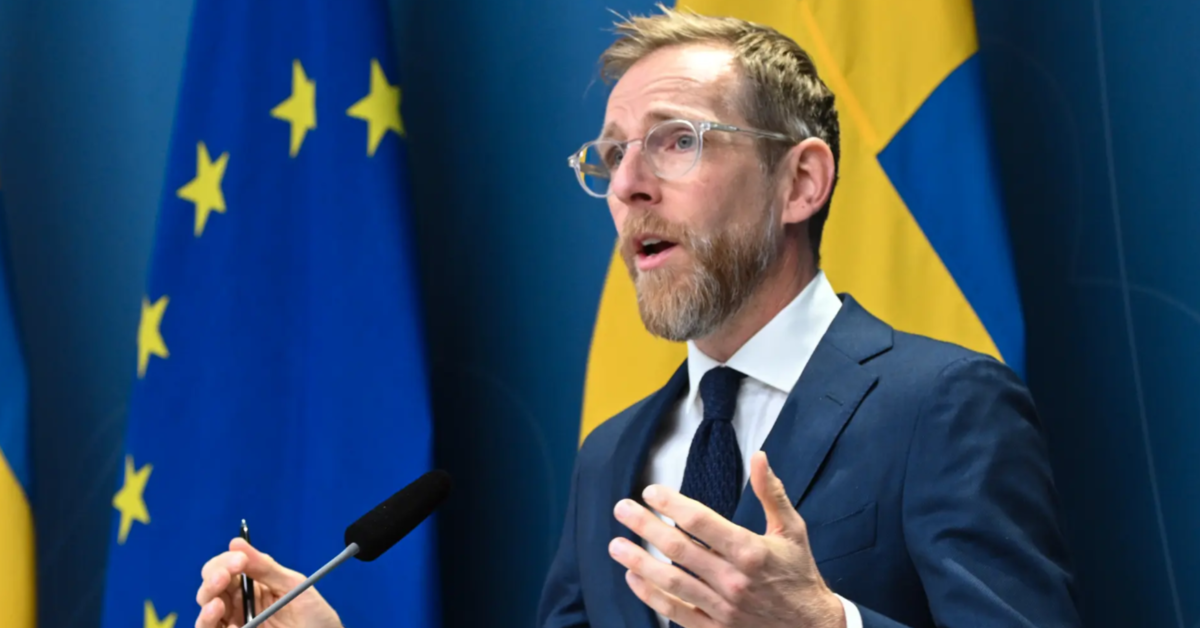Senegal Election 2024: Introducing the Youngest President in Africa
At a Glance
- Over the last ten years, Senegal has become one of the world’s fastest growing economies and a bastion of democracy in West Africa, which has been experiencing a rise in democratic backsliding.
- After months of speculation on the fate of Senegal’s election, presidential ballots were cast on March 24 and opposition candidate Bassirou Diomaye Faye, a former tax inspector and political newcomer who inspired voters, was declared the winner. The election was deemed free and fair by international observers and ushers in the leadership of the opposition party.
- President Faye, who was sworn in on April 2, has vowed to fight corruption, reform the economy, and rebuild the country’s institutions. The incumbent party conceded defeat and local business owners expect a return to normalcy.
- Faye’s plan to stabilize the economy is popular but focuses on renegotiating oil and gas contracts and in introducing a new currency, raising short-term risks for foreign investment.
Background
In early February, Senegal faced a threat to its longstanding democracy when incumbent President Macky Sall announced a 10-month delay to the general election originally scheduled for February 25. The announcement sparked legal debates and widespread protests—sometimes violent—that have shaken the reputation of Senegal as a stable democracy in a region afflicted by a wave of coups in recent years.
Ongoing protests, international pressure, and imminent reputational risks for Senegal led Sall to convene a national dialogue and decide on a new election date of March 24.
Did Democracy Prevail?
On Saturday, March 24, opposition candidate Bassirou Diomaye Faye won the election, vowing to fight corruption, reform the economy, and rebuild the country’s institutions.
Faye, a former tax inspector and political newcomer who inspired voters, received 54% of the vote, significantly ahead of ruling party candidate and former Prime minister Amadou Ba with 35%. This effectively rules out a runoff election.
The US Department of State released a statement congratulating President Faye: “Sunday’s election, carried out in a well-organized, peaceful, transparent, and inclusive manner, represents a significant milestone in Senegal’s rich democratic history.”
The incumbent party conceded defeat and local business owners expect a return to normalcy.
Faye’s Economic Intentions
President Faye, who was sworn in on April 2, has set out some immediate audacious plans to stabilize the economy, including renegotiating oil and gas contracts and introducing a new currency.
In EGA’s pre-election forecast, we highlighted that ongoing political uncertainty is likely to shake investor and entrepreneurial confidence. Although political stability has been restored, President Faye’s economic goals are now likely to raise short-term risks for foreign investment. In doing away with the CFA franc, a currency France introduced to West African colonies in 1945, Faye may also shake up relations with France, as similar moves by Senegal’s neighbors have sparked tensions. Renegotiating oil and gas contracts could also prove lengthy and costly.
Faye has pledged: “Senegal will remain a friendly country and a sure and reliable ally for any partner that engages with us in virtuous, respectful, and mutually productive cooperation.” Despite his good intentions, markets will ultimately decide if his efforts—coupled with being the youngest president in Africa and his limited political experience—impact investor confidence.
Where is Sonko? Faye was originally urged to run for president by Ousmane Sonko, the highly popular “face” of the opposition and, to some, the leader of the people. In 2023, Sanko was barred from running in the 2024 presidential election but, despite being detained in jail, he is credited with masterminding Faye’s campaign and policy positions. Given Sonko’s emphasis during the campaign that a vote for Faye was a vote for him, questions remain regarding his post-election influence. Although Faye did not specify any official role for Sonko, observers question how the two will coexist and deliver on Faye’s campaign mandates.
What’s Next: Economic Implications
Impact on key sectors: Sectors of particular importance include tourism and travel, and oil and gas. While social stability following the democratic transfer of power is likely to benefit the tourism and travel industry, Faye’s intentions to “protect” the oil and gas industry from foreign control may disincentivize investment in the sector.
Stability as priority: Stabilization of the economy and the reestablishment of Senegal’s influence in the region must be a priority. Sall’s decision to delay the election came as a surprise to many outside of the country, so Faye may prioritize efforts to reassure investors.
Regional influence: Faye announced his intention to reform the troubled West African regional bloc known as ECOWAS but, as a young president in a region led by military strongmen and with no political background, his influence in the region may be limited. Unlike his predecessor who was the previous president of the African Union (AU), establishing his position could take time.
A friend of business? Faye claims to be an anti-establishment president. While this has made him and his economic stabilization promises popular among unemployed youth, questions remain as to his international business-friendly posture.
Political stability, economic uncertainty: While a confirmation of the democratic process in Senegal restores the county’s reputation as politically stable, Faye’s age, lack of political experience, and policy positions may challenge the country’s economic stability and influence.
This content offers a high-level synopsis of current events. It is intended to provide information only, not opinion, and it is not representative of any specific EGA work.
Materials presented by EGA and The Fight for Power team. For additional information, reach out to Toyin.Awesu@edelmanEGA.com.
EGA's Fight for Power is your guide to the moments that matter this global election year, what comes next, and what all of this means for industries and sectors. For global election updates from The Fight for Power team, please email fightforpower@edelmanega.com.



